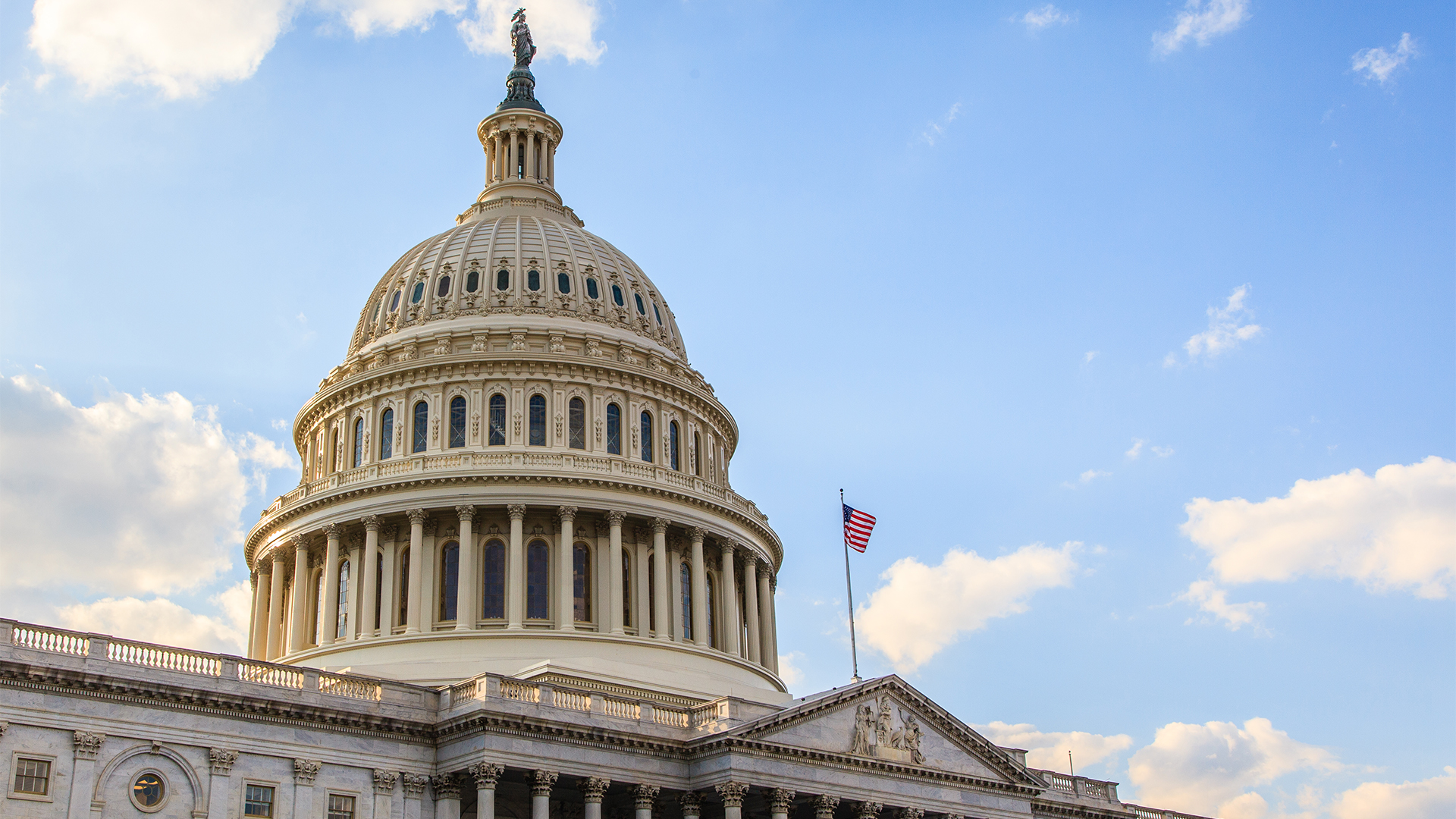A proposed decade-long ban on US states implementing AI laws is a “terrible idea” that highlights the scale of big tech lobbying, according to critics.
Earlier this week, a Republican-led committee proposed a budget reconciliation bill which at the last minute tucked within its pages a clause that would ban state-level AI regulation for the next ten years. If approved, only the US Congress could legislate on AI, not state governments.
The bill included a line that said “no State or political subdivision thereof may enforce any law or regulation regulating artificial intelligence models, artificial intelligence systems, or automated decision systems during the 10-year period of this Act.”
That would preempt efforts by California and other states looking to rein in AI using regulation. It remains to be seen if the section will be included in the final bill and whether that will be passed.
Following the move, the Electronic Frontier Foundation (EFF) published a statement strongly opposing the proposals, calling it a “terrible idea”.
The EFF noted that it would override existing state laws designed to prevent people from harms caused by AI and would prevent other states from writing similar legislation — a problem as Congress is much slower at taking on new technologies.
Similarly, the non-profit said this risks no regulation being implemented at all for ten years during a critical time in the development of the technology.
“Even if Congress does nothing on AI for the next ten years, this would still prevent states from stepping into the breach,” the EFF said in a statement. “Given how different the AI industry looks now from how it looked just three years ago, it’s hard to even conceptualize how different it may look in ten years.”
“Congress does not react quickly and, particularly when addressing harms from emerging technologies, has been far slower to act than states,” the EFF added.
Wider criticism
An open letter signed by a series of state-level representatives — as well as frequent AI dissenter and New York University professor Gary Marcus — made a similar argument, calling the attempt to preempt AI laws “deeply problematic”.
“If enacted, the statute would preempt states from acting — even if AI systems cause measurable harm, such as through discriminatory lending, unsafe autonomous vehicles, or invasive workplace surveillance,” the letter added.
Other critics made it clear the move was seen as benefiting big tech. Lee Hepner, senior legal counsel at the American Economic Liberties Project, described the move as a “sweeping and reckless attempt” to shield large corporations from accountability.
Why ban AI laws?
A ten-year ban on AI laws may sound inherently extreme, but those in favor of it argue that AI regulation requires a national approach to minimize the costs and impact of regulation at a time when the US is battling China for dominance in this domain.
An article in Lawfare argued that the current “patchwork of parochial regulatory policies” could severely undermine US innovation in the AI space at a critical juncture.
But the open letter noted that presented a “false choice” between too many laws and a single set of federal laws, given there was effectively zero of the latter.
“If Washington wants to pass a comprehensive privacy or AI law with teeth, more power to them, but we all know this is unlikely,” the letter added.
At a state-level, there are dozens of examples of AI laws — from Colorado’s AI protection bill to California’s attempts to rein in its own industry.
“It’s specifically because of state momentum that Big Tech is trying to shut the states down,” the letter added.
The EFF echoed that: “As the big technology companies have done (and continue to do) with privacy legislation, AI companies are currently going all out to slow or roll back legal protections in states.”
MORE FROM ITPRO
Source link
